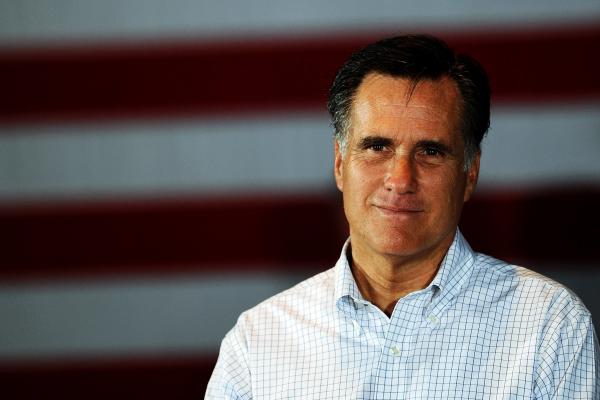Mar 28, 2012
The Mitt Romney whom many Americans see today is often depicted as wealthy, wooden and out of touch with the working class. To some, he seems gaffe prone, detached, even distant.
But that's not the man Boston Mormons knew in the late 1980s and early '90s, when many saw him as an eloquent speaker, a compassionate counselor and a creative problem-solver, generous with his money and quick to help any in need.
Are the two guys related?
Read the Full Article

Already a subscriber? Login
